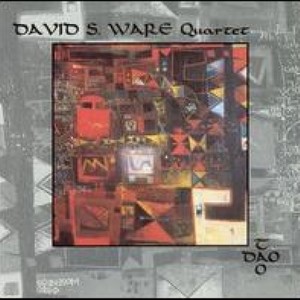
- 歌曲
- 时长
简介
by Thom JurekDavid S. Ware's attack and execution are becoming well-known in vanguard jazz circles -- finally -- and the release of Dao should further his reputation as an improviser, bandleader, and composer considerably. Ware is known for his inflammatory intensity as a soloist, much like his European contemporary Peter Brötzmann, who is equally relentless in pushing the physical structure of the horn to its limits. Unlike the German tenorman, however, Ware is known to employ extreme vulnerabilities in his playing, particularly with this quartet. On Dao, Ware relies on his rhythm section as accomplices rather than as sidemen. On "Interdao," Matthew Shipp's block-like pianism erects a model of shifting intervals. Bassist William Parker heightens the ground by moving the tempo to suit the harmonic table Shipp creates, and Dickey moves in with flourish and ledges for Ware to enter, but when he does it's as a member of the band, playing his part in the beginning of an unfolding journey. And that is what the difference is between Dao and any previous recording by Ware: this work unfolds not as a series of pieces with something in common, but as a number of demarcations along the intuitive way. There are no "tunes" on Dao as there are on his other records, there are only intervals, brief rests, and changes in direction that all logically lead to the end of the disc. Here Ware's improvising reaches places of feeling and empathy, with Parker and Shipp particularly, and Parker, for all of his physical style and stature, understates himself often enough for the ideas to come through the ether. As for Shipp, he plays not a foil on Dao, but an architect, mapping out territories for exploration, which Ware accepts and discards in favor of new ones as the album moves on. This is a stunner, and a beautiful example of four musicians listening intently to one another in the process of discovery.







